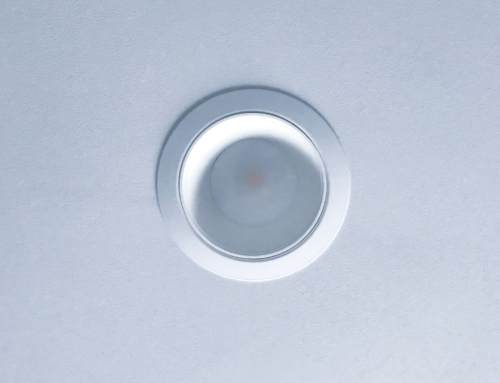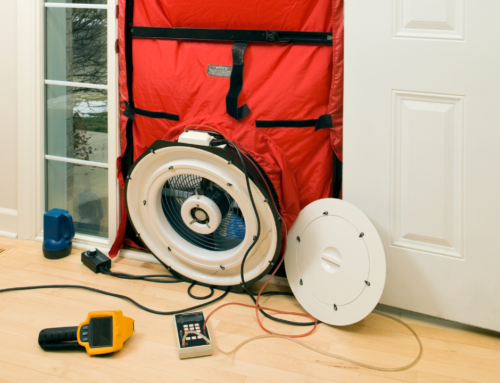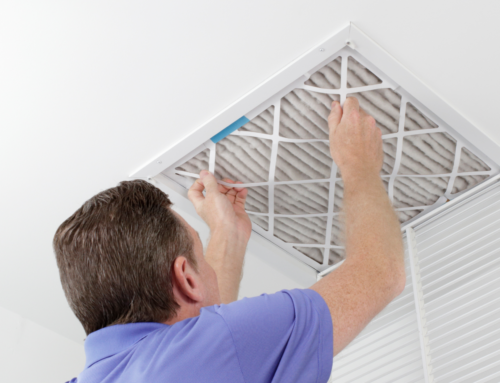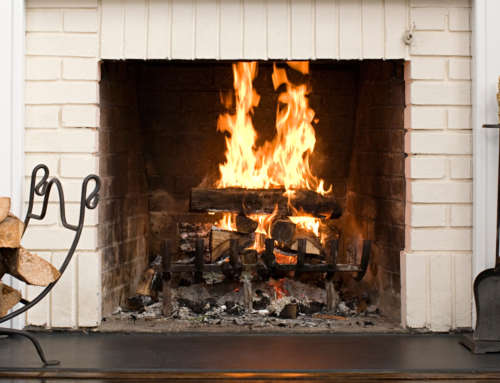When we conduct energy assessments in homes, a common issue we encounter is that the air conditioner is often larger than necessary. This oversizing can lead to a host of problems. For instance, an air conditioner that’s too big may struggle to dehumidify the air properly, potentially causing humidity-related issues like mold and allergies. It can also result in higher energy bills and accelerate wear and tear on the system, which might eventually lead to issues like the air conditioner icing up inside. Properly sizing your AC unit is crucial for maintaining comfort and efficiency in your home. You may hire this expert in ac installation if you need professional services. And if you need assistance with electrical panel replacement, experienced technicians can help.
Bigger is not better.
When an air conditioner is over-sized, it has enough cooling capacity and will blow cold air into the space quickly, causing the thermostat to be satisfied with the temperature and shutting off the unit. The problem is the unit doesn’t run long enough to remove the humidity. In Arkansas, 30% of the energy consumed while in cooling mode is to remove humidity and if the unit isn’t running it is not removing humidity.
We don’t build homes the same way we use to.
The rule of thumb is one ton of air conditioning per 500 square feet of conditioned space. While that may have been true in the 1950s when people first started putting air conditioners in their homes, we don’t build houses the same way we did back then. Building codes now require builders to account for energy efficiency measures that allow smaller air conditioners we use.
Right-sizing Electrical Service for Optimal Efficiency
When it comes to optimizing electrical efficiency, one crucial aspect often overlooked is right-sizing electrical service. Just like with air conditioners, where bigger isn’t always better, the same principle applies to electrical systems. Over-sizing electrical service can lead to unnecessary energy consumption and increased costs. Electrician Burpengary plays a vital role in modern construction projects by providing expert guidance on right-sizing electrical service. By carefully assessing the specific needs of each property, they can recommend and install electrical systems that match the requirements of today’s energy-efficient homes. From calculating load demands to selecting appropriate wiring and components, their expertise ensures that electrical systems operate efficiently while minimizing energy waste. With their assistance, homeowners can enjoy the benefits of a properly sized electrical service that meets both their energy needs and sustainability goals.
In addition to aiding in construction projects, electricians are instrumental in addressing electrical issues and upgrades for existing properties. Whether it’s retrofitting older homes with modern, energy-efficient electrical systems or troubleshooting and repairing faulty components, electricians are readily available to provide expert assistance. With a quick search for electrician near me, homeowners can connect with skilled professionals who offer a range of services tailored to their specific needs. Furthermore, electricians not only address immediate concerns but also prioritize long-term efficiency and safety. Through thorough inspections and assessments, they can identify areas for improvement and recommend upgrades that enhance electrical efficiency and reduce energy consumption. By partnering with local electricians, homeowners can ensure that their electrical systems are optimized for both performance and sustainability, ultimately saving on energy costs while contributing to a greener future.
Properly size your HVAC – do it, it matters.
To properly size an air conditioner a few things need to be done before the purchase is made. First, an energy assessment should be done on the home. One of the biggest problems we see with HVAC systems is that the ducts leak to the outside, often more then half of the capacity. Just sealing the ducts up can make an existing air conditioner over-sized. Another issue that can affect the size of the system is the amount of insulation in the ceiling above. Simply getting your home’s insulation to an R-38 can allow you to downsize even more. Additionally, if your air conditioner smells like feet, it’s a sign that you should call a technician. Expert technicians will perform the necessary AC repair service Seattle WA to ensure that it will be in good condition again. Finally, a load calculation should be done on the house using the American Society of Heating, Refrigeration and Air Conditioning Engineers (ASHREA) Manual J calculator to ensure that you are not over sizing the unit.
Downsizing will save you money.
Being able to downsize the unit will save you money on the replacement cost. Ideally, you would use the money saved on buying a smaller unit to upgrade to a more energy efficient variable speed air conditioner. With having a variable speed air conditioner, you not only set the desired temperature on the thermostat, but you also set your desired humidity level as well. When you are able to control the humidity, you can take control of your comfort in the home and can cut out many of the problems that cause health issues too. Having a properly sized HVAC system will save you up to 50% of your energy consumption during heating and cooling months, will lead to more comfort in the house, and can reduce dust mites and mold problems in the home.
Chris Kell – RESNET Certified HERS Rater | BPI Building Analyst | Energy Star 3.1 Certified







Leave A Comment